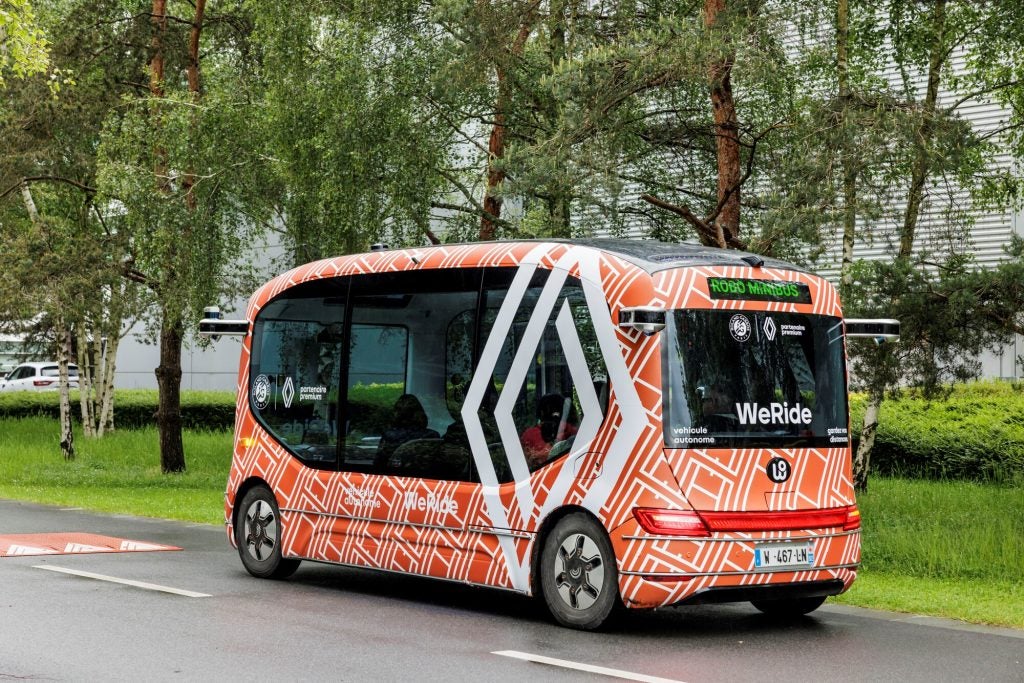The automotive industry continues to be a hotbed of patent innovation. The automotive industry is innovating in vehicle controller area network (CAN) security due to the increasing complexity of networks, increasing cyberattacks, and increasing awareness of the importance of security. Trends include intrusion detection and prevention systems, encryption, authentication, and access control. The availability of affordable sensors and processors, growing demand for connected vehicles, and increased awareness of the risks of theft and hacking are driving these developments. These technologies aim to protect vehicles from theft and provide peace of mind for vehicle owners. Vehicle CAN security technologies include intrusion detection and prevention systems (IDPS), encryption, authentication, and access control. IDPS systems detect and prevent intrusions using techniques such as anomaly detection and protocol analysis. Encryption protects CAN messages’ confidentiality and prevents unauthorized modifications. Authentication verifies device identity and restricts message types. Emerging technologies include artificial intelligence (AI) and machine learning (ML) for advanced IDPS systems, blockchain for tamper-proof record-keeping, and vehicle-to-vehicle (V2V) and vehicle-to-infrastructure (V2I) communication for comprehensive network security. As these technologies continue to develop, vehicle CAN security is expected to improve. In the last three years alone, there have been over 1.7 million patents filed and granted in the automotive industry, according to GlobalData’s report on Cybersecurity in automotive: vehicle CAN security. Buy the report here.
According to GlobalData’s Technology Foresights, which uses over one million patents to analyze innovation intensity for the automotive industry, there are 300+ innovation areas that will shape the future of the industry.
Vehicle CAN security is a key innovation area in cybersecurity
Vehicle CAN security refers to the protection of controller area network communication systems in vehicles against attacks such as eavesdropping, injection, and replay. These attacks can compromise the safety and functionality of the vehicle, making secure communication a crucial aspect of modern vehicle design.
GlobalData’s analysis also uncovers the companies at the forefront of each innovation area and assesses the potential reach and impact of their patenting activity across different applications and geographies. According to GlobalData, there are 30+ companies, spanning technology vendors, established automotive companies, and up-and-coming start-ups engaged in the development and application of vehicle CAN security.
Key players in vehicle CAN security – a disruptive innovation in the automotive industry
‘Application diversity’ measures the number of applications identified for each patent. It broadly splits companies into either ‘niche’ or ‘diversified’ innovators.
‘Geographic reach’ refers to the number of countries each patent is registered in. It reflects the breadth of geographic application intended, ranging from ‘global’ to ‘local’.
Patent volumes related to vehicle CAN security
Source: GlobalData Patent Analytics
Panasonic is one of the leading patent filers in vehicle CAN security. It has filed a patent for a new door latch designed to prevent unauthorized access to vehicles. This innovative security solution could reduce theft, increase security, and potentially lower insurance premiums, enhancing the safety of connected and autonomous vehicles.
In terms of application diversity, People.ai leads the pack, while Intel and InterDigital stood in the second and third positions, respectively. By means of geographic reach, People.ai held the top position, followed by Arrcus and Kip Prod P1.
To further understand the key themes and technologies disrupting the automotive industry, access GlobalData’s latest thematic research report on Cybersecurity in Automotive.
Premium Insights
From
The gold standard of business intelligence.
Blending expert knowledge with cutting-edge technology, GlobalData’s unrivalled proprietary data will enable you to decode what’s happening in your market. You can make better informed decisions and gain a future-proof advantage over your competitors.






